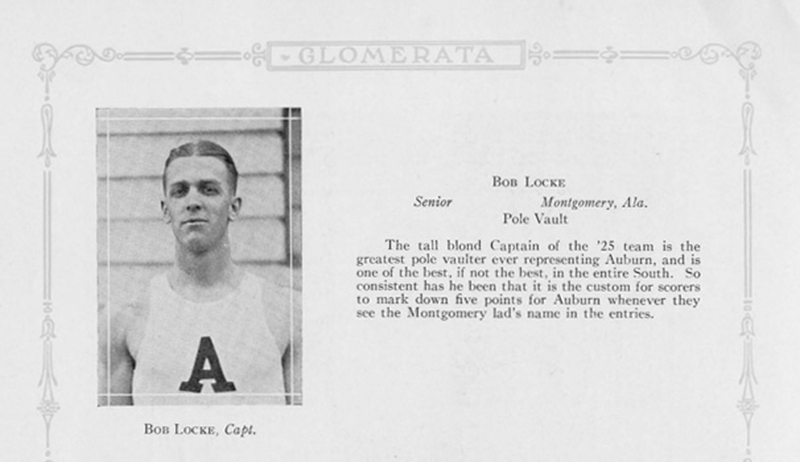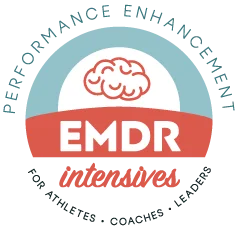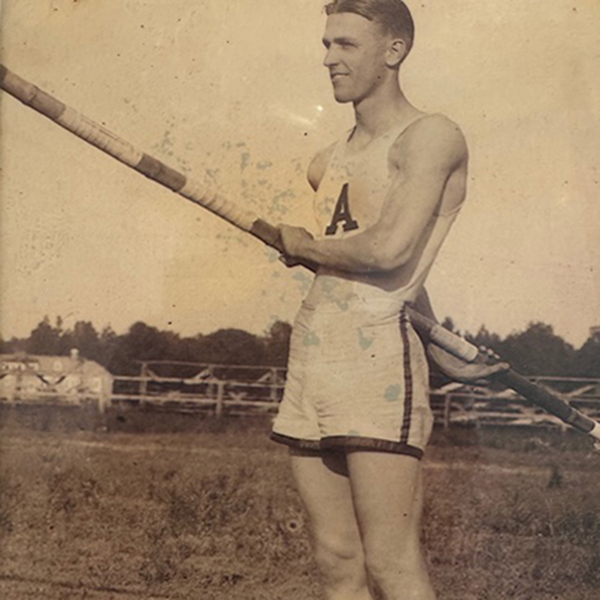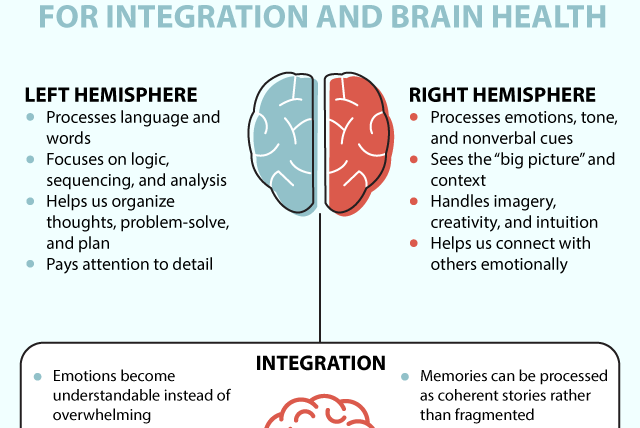Summary
- Elite male athletes often carry invisible injuries that talk therapy alone may not resolve.
- EMDR therapy offers a powerful, non-invasive solution for healing trauma and enhancing performance.
- Cultural stigma and “toughness” ideals still prevent many men from seeking help.
- EMDR helps reduce internal noise (panic, fear, judgment) and enhances focus, recovery, and flow.
- It also supports athletes through transitions, identity struggles, and relational stress.
- EMDR isn’t traditional talk therapy—it’s action-oriented and often appeals to high performers.
The Legacy of Athletic Pressure
Behind the highlight reels, medals, and contracts, many elite male athletes carry emotional and psychological burdens that physical training cannot resolve. Their mental challenges are often hidden by cultural narratives of toughness and silence.
I often reflect on the story of my grandfather, Robert (Bob) Lock(e), an elite athlete a century ago. He pole-vaulted 12 feet 2 inches at Auburn University using a bamboo pole, landing in sawdust—no foam, no gear. A framed photo of him hangs by our basement gym, and I pass it almost daily. That image reminds me how far we’ve come in sports technology—and how far we still need to go in mental health support.

In June, as we recognize Men’s Mental Health Awareness Month, it’s time to honor past generations of male athletes while embracing the modern science of psychological healing—particularly through EMDR therapy.
The Modern Evolution of Athlete Mental Health
Today’s athletic organizations are integrating mental health professionals into staff, providing performance-enhancing mental resources, and encouraging open conversations about mental well-being.
Still, many male athletes struggle with expressing vulnerability. They confuse mental toughness with emotional suppression, leaving them unprepared to navigate loss, injury, change, and retirement. They face challenges such as:
- Performance pressure
- Identity crises
- Public scrutiny and media stress
- Cultural and racial dynamics
- Relationship strain with teammates, coaches, and family
This is where EMDR therapy for elite male athletes offers a transformative approach. It supports healing from trauma while building resilience and sharpening performance focus.
What Is EMDR Therapy and Why Athletes Benefit
EMDR (Eye Movement Desensitization and Reprocessing) is an evidence-based psychotherapy that activates the brain’s natural healing systems. It isn’t traditional talk therapy—you don’t have to share every detail to heal.
For athletes, EMDR therapy helps:
- Resolve performance blocks
- Desensitize mental “noise” (fear, doubt, panic)
- Restore access to focus, confidence, calm, and flow
- Improve recovery time and decision-making under pressure
- Build trust with one’s body again
This kind of therapy appeals to high achievers because it’s action-oriented, effective, and doesn’t require endless verbal processing. It’s ideal for those who are driven by goals and results.
Addressing the Invisible Injuries of Athletes
Mental strength is not about avoiding emotions—it’s about acknowledging and integrating them. Through EMDR therapy, elite male athletes can address:
- Self-doubt and anxiety after poor performances
- Stress from injury or recovery cycles
- Relationship tension with coaches, teammates, or loved ones
- Identity loss after retirement or roster cuts
- Childhood or unresolved trauma
- Substance use or addictive behaviors
Athletes are humans first. Many need support beyond sports performance, and EMDR therapy creates a safe, nonjudgmental space to do this vital inner work.
EMDR as a Tool for Resilience and Peak Performance
Beyond healing trauma, EMDR therapy for elite male athletes includes performance enhancement protocols. These techniques “install” memories of success, confidence, and emotional mastery into the athlete’s mental playbook. Athletes can then access these positive states during future competitions.
Mental health support is no longer a luxury in elite sports—it’s essential. EMDR helps athletes not only survive the pressure but thrive under it.
If you or someone you know wants to do the inner work, consider reaching out to learn more about EMDR therapy and intensive treatment options for elite performers.




